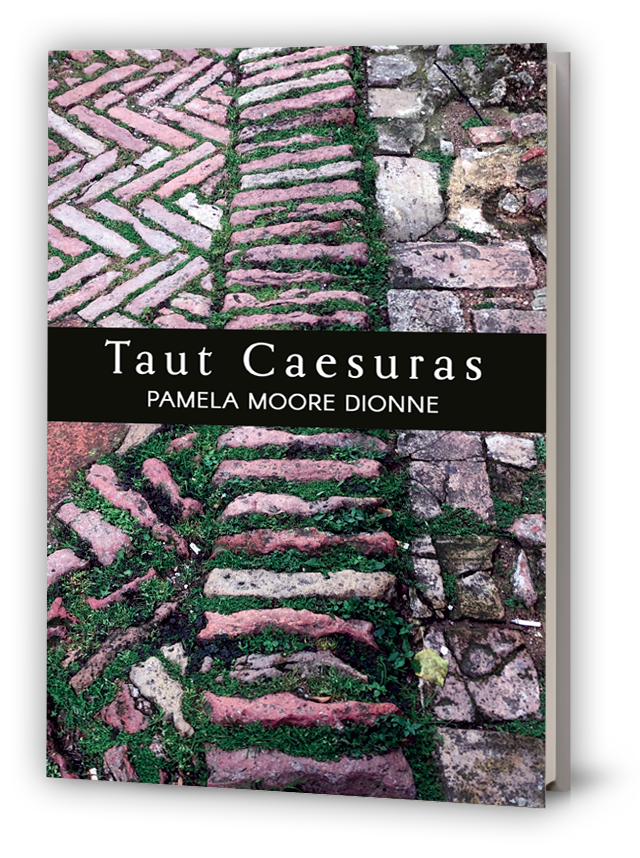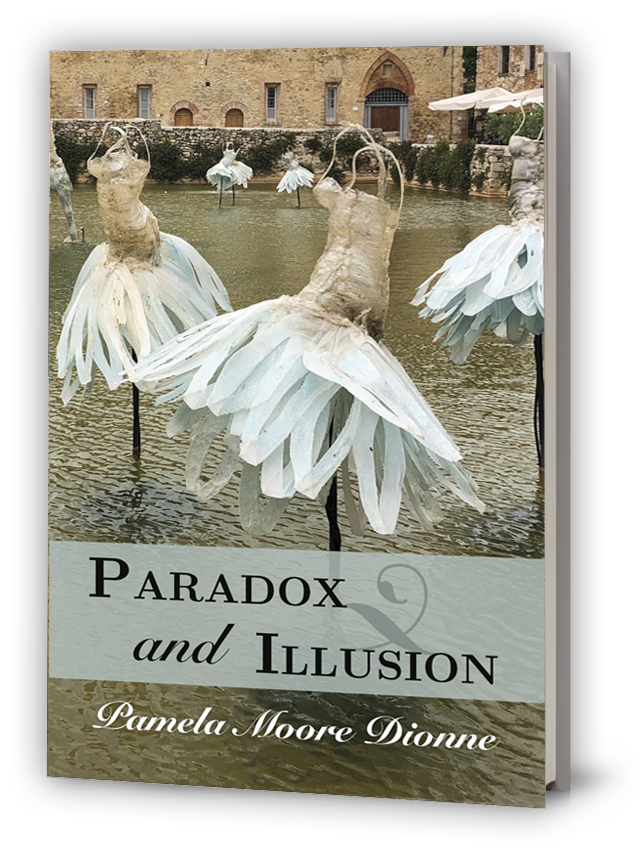The Missing Voice of Tyranny in the Poisonwood Bible by Barbara Kingsolver
The Poisonwood Bible is a novel that uses five different voices to tell the story of Nathan Price and his family who go to the Belgian Congo in 1959 as itinerate Baptist missionaries. The only adult narrator is Orleanna Price, Nathan’s wife. The other narrative voices belong to the couple’s four daughters. Rachel is fifteen when they arrive in Kilanga Village. The twins Leah and Adah are twelve and Ruth May is six. The age differences alone make for distinctive narrative variations as the plot line unfolds. But each narrator also has a personality that reveals itself through her telling of the tale as she sees it. It is a compelling way to tell a story from five different perspectives while giving new information to each retelling of the same event.
What this does for the story is layer it in a way that reveals more than a single narrator would be able to do. But the most telling piece of narrative technique Kingsolver uses in The Poisonwood Bible is the missing voice, that of Nathan Price. In a narrative where language and communication – or more accurately miscommunication – act as a central theme we understand that a considered perspective cannot be delivered by a man who refuses to listen to any voice other than his own. He relies on judgmental dogma that doesn’t allow for input different from what he already believes. In the pages of this novel Nathan is a tyrant oppressing his family in much the same way that a foreign government oppresses villagers in places like Kilanga.
The foolhardiness in Nathan’s attitude becomes apparent when he ignores Mama Tataba’s instructions on how to plant his vegetable garden in Kilanga. (39-40) Because of his refusal to listen, he handles poisonwood and breaks out with a painful rash, loses his first crop to flooding and later finds that the plants he has chosen to bring with him from America have no pollinators in Kilanga. So he creates a very showy garden that flowers profusely yet never produces any fruits for his labor. Essentially this is the perfect metaphor for Nathan himself, showy but without substance. Nathan has stepped into a world so utterly different than the one he left in Bethlehem, Georgia that the only logical thing to do would be to listen to locals. They are his only chance to learn how to survive in this new world to which he has brought his family. The villagers know from generations of experience what works and what does not. But Nathan believes God is testing him and to win almighty approval he must bend the village and the land to his will. How very colonial of this man with all of his proselytizing.
Nathan’s missing narrative helps to define him as incapable of self-examination. But more than that it allows his wife and daughters to observe him as though he’s a member of a different species of animal altogether. This creates the right atmosphere for readers to recognize him as a metaphor for a larger concept of usurper. Nathan represents the bullish manner in which the Belgians and the U.S. treat Africans and their national resources in this novel. Nathan with his total disregard for his wife and daughters and his disdain for the villagers he has come to convert mirrors the way western governments colonize third world countries. Kingsolver has chosen to set this novel at a time in history when the Belgian Congo was experiencing the beginnings of a pro-independence movement. This political unrest is mirrored by the burgeoning unrest within the Price family against the tyrannical despot that Nathan Price has become. The way the narrative works in supporting this construct is by showing readers a man who rules his own family unreasonably. He does whatever he decides to do with total disregard for his wife or his children’s welfare. Belgium’s King Leopold II governs his African colony with this same disregard for its citizens’ welfare. Both Nathan and Leopold see their subjects as tools to be used rather than individuals who think and feel and are worthy of respect. In these men’s minds, only the patriarch holds a purpose or position that can be considered as having merit.
Ultimately, Nathan is abandoned in Africa by his family and is seen by villagers as an evil spirit who can turn himself into a crocodile. It is the process by which he holds himself separate that sets Nathan up for one small disaster after another leading to a finality he is unable to see coming. He is shunned and eventually killed by villagers who suspect his crocodile-self of causing a group of children to drown in the river. Nathan’s inability to listen, empathize and communicate clearly is what causes his failure as a father, a husband and a missionary. The fact that he doesn’t narrate any of his own story sets him apart as does his inability to communicate with other characters within the pages of this novel. Because of these factors he is never actually able to bring about change in anyone, including himself. He is the only member of his family who doesn’t evolve. The reader is left with a sense of the way arrogance has caused tyrants to fail throughout history.


